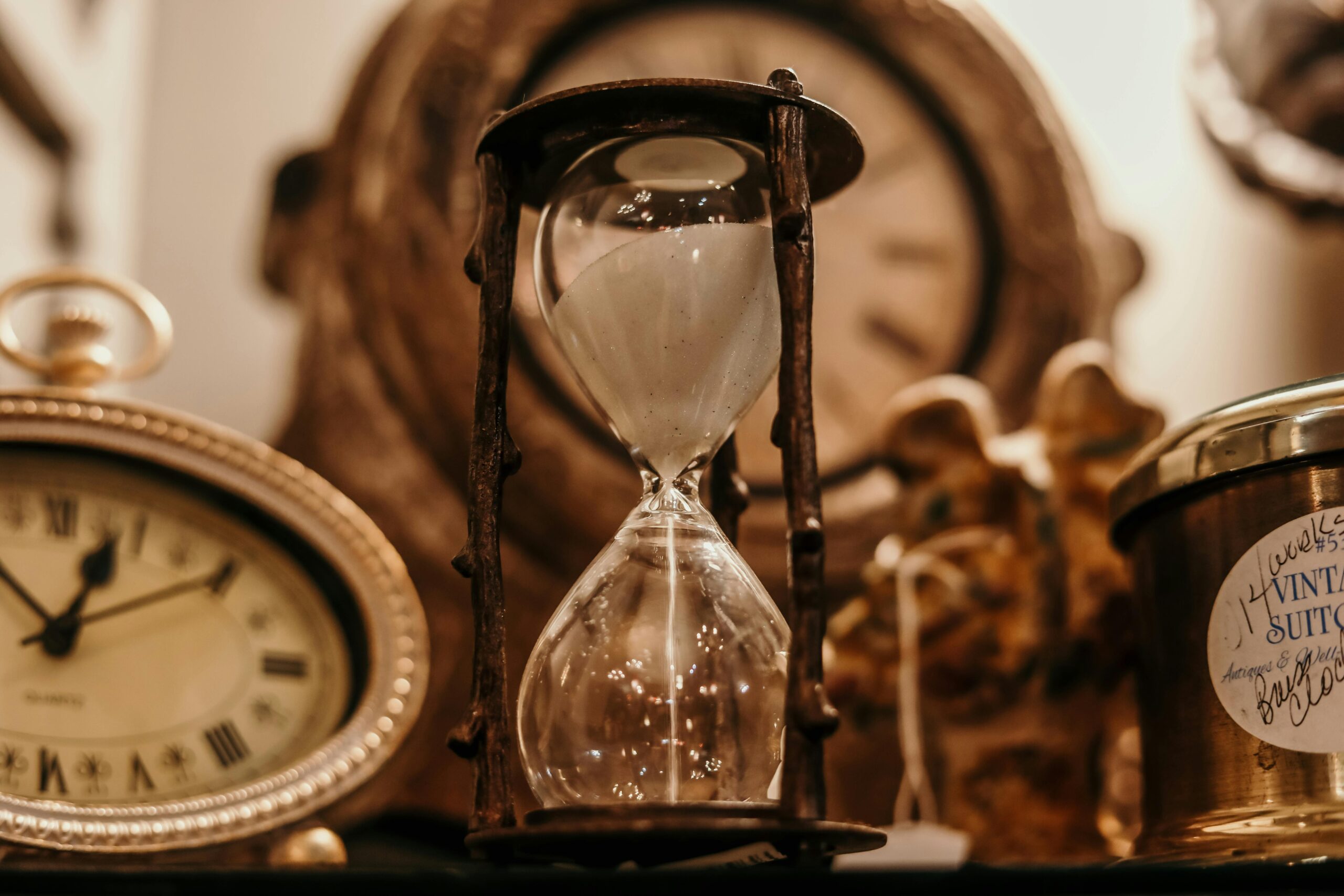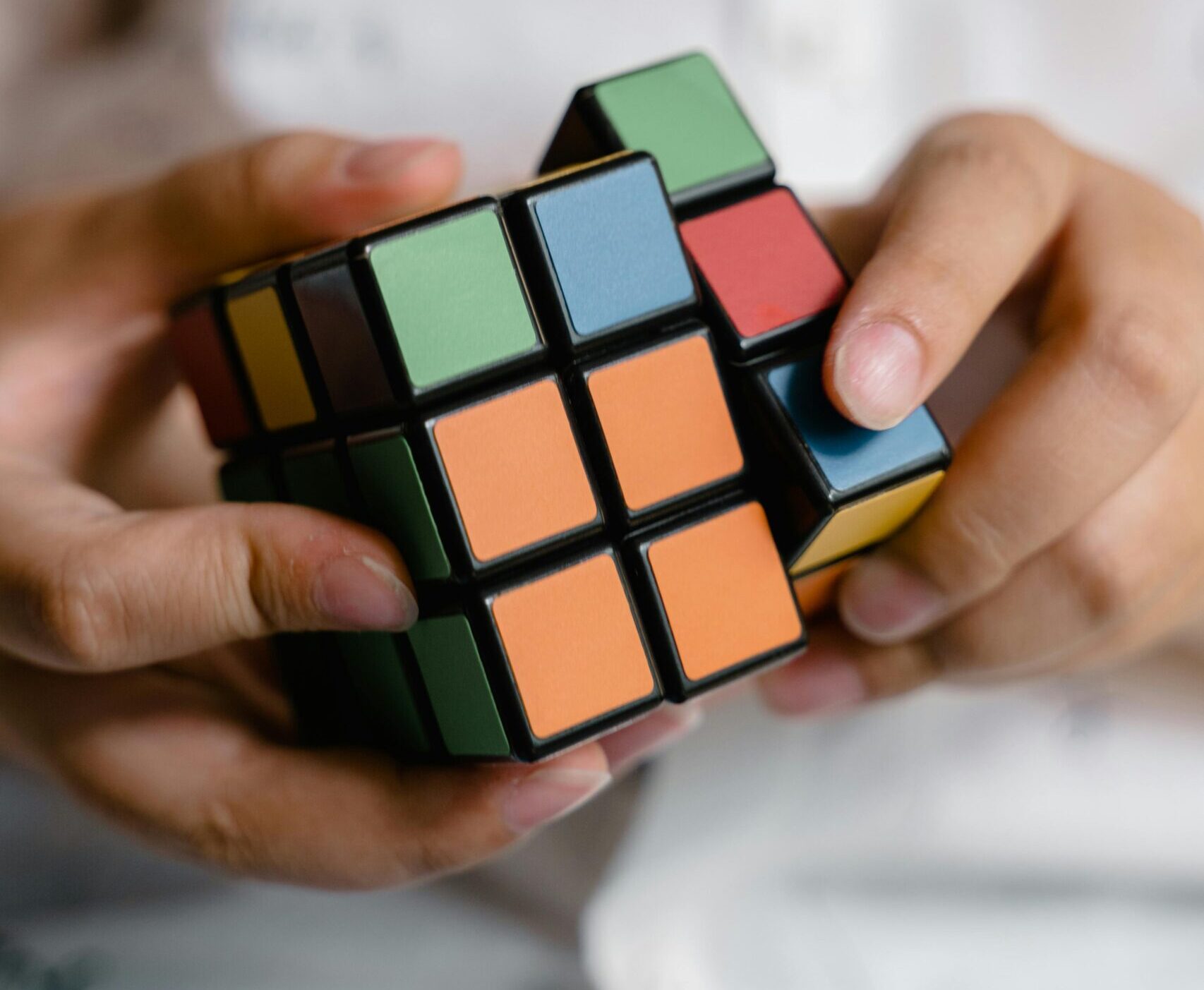How Long Does a Concussion Last?
Concussions are complex brain injuries that vary in severity and recovery time. If you’ve recently suffered a concussion or are supporting someone who has, you’re likely wondering: how long does a concussion last? The timeline can vary depending on several factors, but thanks to updated guidelines from the 2022 International Consensus on Concussion in Sport, we now have clearer answers on what to expect and how to support recovery.
What is a Concussion?
A concussion is a type of mild traumatic brain injury (TBI) caused by a blow or jolt to the head or body that disrupts normal brain function. Concussions can lead to symptoms like headaches, dizziness, confusion, and memory problems. Even though they are often referred to as “mild,” the effects can be serious and require proper care to avoid complications.
How Long Do Concussion Symptoms Last?
Acute Phase (0-7 Days):
Most people experience the most intense concussion symptoms within the first few days. These symptoms can include headaches, dizziness, nausea, and trouble concentrating. The latest guidelines emphasize that early rest is crucial, but only for the first 24-48 hours. After this, it is important to gradually reintroduce light physical activity, such as walking, as long as it doesn’t worsen symptoms. This early activity can actually promote faster recovery.
Subacute Phase (7-30 Days):
For many people, symptoms begin to improve within 2 to 4 weeks. However, some may continue to experience issues like fatigue or difficulty with concentration. During this time, it’s essential to follow a stepwise return-to-sport or return-to-learn strategy. New tools such as the SCAT6 and SCOAT6 (Sport Concussion Office Assessment Tool) provide healthcare providers with structured methods to evaluate recovery and ensure patients are progressing safely.
Persistent Symptoms (Beyond 30 Days):
About 15-30% of individuals may experience symptoms lasting more than a month, a condition known as post-concussion syndrome. If symptoms persist beyond four weeks, it is recommended to seek a multimodal clinical assessment. This evaluation may include specialized therapies such as cervicovestibular rehabilitation (for issues with balance or neck pain) or sub-symptom threshold aerobic exercise, which has been shown to be effective in helping with prolonged symptoms.
Factors That Influence Recovery
Several factors can impact how long it takes to recover from a concussion:
Age and Health:
Younger people and those in good health tend to recover faster. Older adults and those with pre-existing conditions, such as migraines or anxiety, may take longer.
Previous Concussions: If you’ve had concussions before, you may experience more severe symptoms, and your recovery might take longer.
Nature of the Injury:
A severe blow or rotational force can result in a longer recovery period. Additionally, the location of the impact can influence the symptoms and timeline.
Adherence to Treatment Guidelines:
Following the right recovery strategies—like the early introduction of light activity and avoiding overexertion—can significantly affect recovery time.
Updated Guidelines for Managing Concussions
Early Physical Activity:
Contrary to older advice of strict rest, the new consensus emphasizes the importance of early reintroduction of physical activity after the initial 48 hours. Activities like light walking or stationary cycling can help speed up recovery if they are done without causing major symptom flare-ups. This should always be done under the guidance of a healthcare provider.
Use of Assessment Tools:
The latest versions of concussion assessment tools, such as the Sport Concussion Assessment Tool-6 (SCAT6) and the Sport Concussion Office Assessment Tool-6 (SCOAT6), are designed to guide both acute and subacute management of concussions. These tools allow healthcare providers to track symptoms, cognitive function, and physical recovery over time, ensuring a safe return to normal activities.
Specialized Rehabilitation:
If you have persistent symptoms beyond 10 days, such as neck pain, dizziness, or headaches, cervicovestibular rehabilitation is recommended. This type of therapy focuses on the neck and balance systems and can significantly improve symptoms that aren’t resolving on their own.
Return-to-Learn and Return-to-Sport Strategies:
The guidelines also recommend structured return-to-learn and return-to-sport protocols. These are stepwise strategies where individuals gradually resume activities, starting with simple, non-strenuous tasks and advancing to more complex activities as tolerated. For athletes, return to full contact sports should only happen after all symptoms have resolved, including during and after physical exertion.
The Potential Long-Term Effects of Concussions
There is growing concern about the long-term effects of multiple concussions, particularly for athletes in contact sports. While most people recover fully from a single concussion, repeated concussions may increase the risk of neurodegenerative conditions, such as chronic traumatic encephalopathy (CTE), although more research is needed in this area. Athletes considering retirement after multiple concussions should work closely with a healthcare provider to make informed decisions based on their personal risk factors.
How to Support Concussion Recovery
Rest and Hydration:
In the first 48 hours, prioritize rest and hydration. Avoid screen time, as it can worsen symptoms like headaches or nausea.
Return to Light Activity:
After an initial rest period, start introducing light physical activity, such as walking, under the supervision of your healthcare provider.
Structured Rehabilitation:
If you’re dealing with prolonged symptoms, consider seeking specialized rehabilitation. This might include vestibular therapy or sub-symptom threshold aerobic exercise.
Monitor Symptoms and Seek Help if Needed:
If your symptoms persist or worsen beyond the typical recovery window, consult a healthcare provider. Use standardized tools like the SCAT6 to monitor progress and guide decisions on returning to daily activities.
Conclusion
So, how long does a concussion last? For most people, symptoms improve within a few weeks, but for others, recovery may take longer, especially if there are complicating factors. The key to a successful recovery is a gradual return to activity, early intervention with light exercise, and specialized care when symptoms persist.
If you’re dealing with a concussion or supporting someone who is, it’s important to stay informed and follow the latest evidence-based guidelines. Remember, brain health matters, and proper care can make all the difference in ensuring a full recovery.


